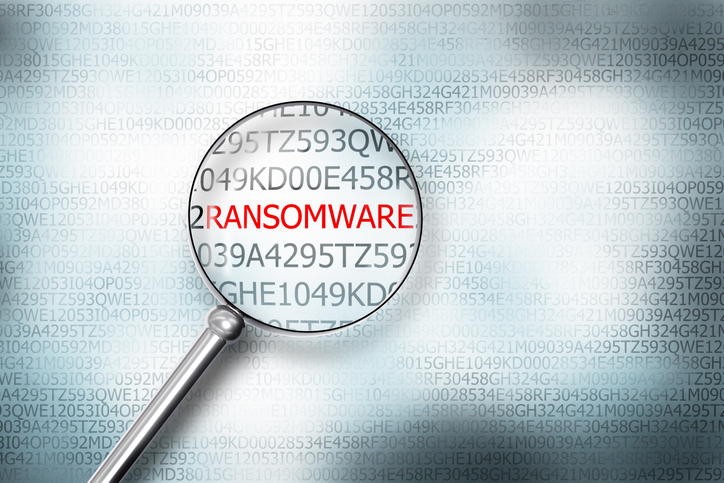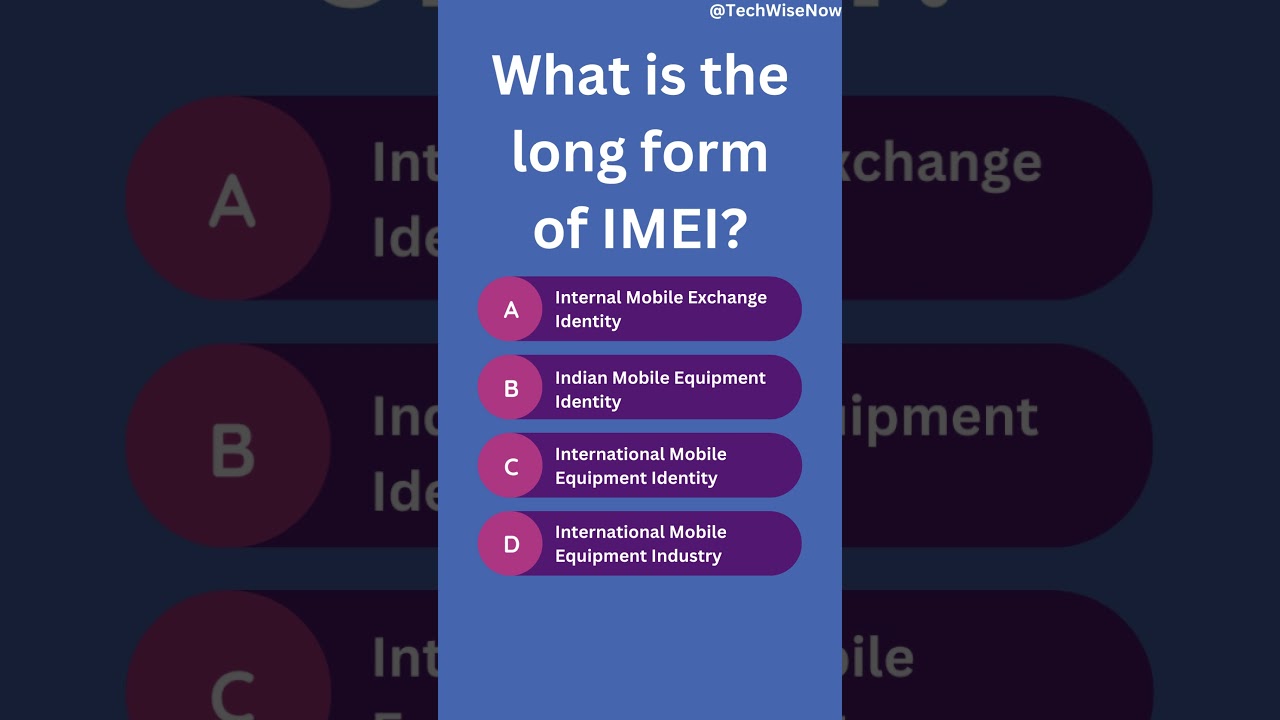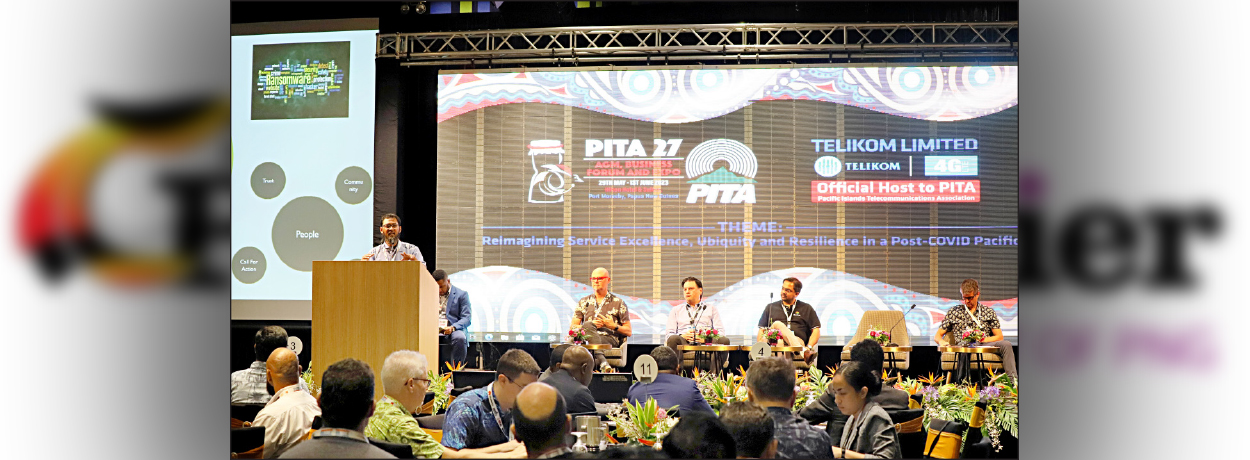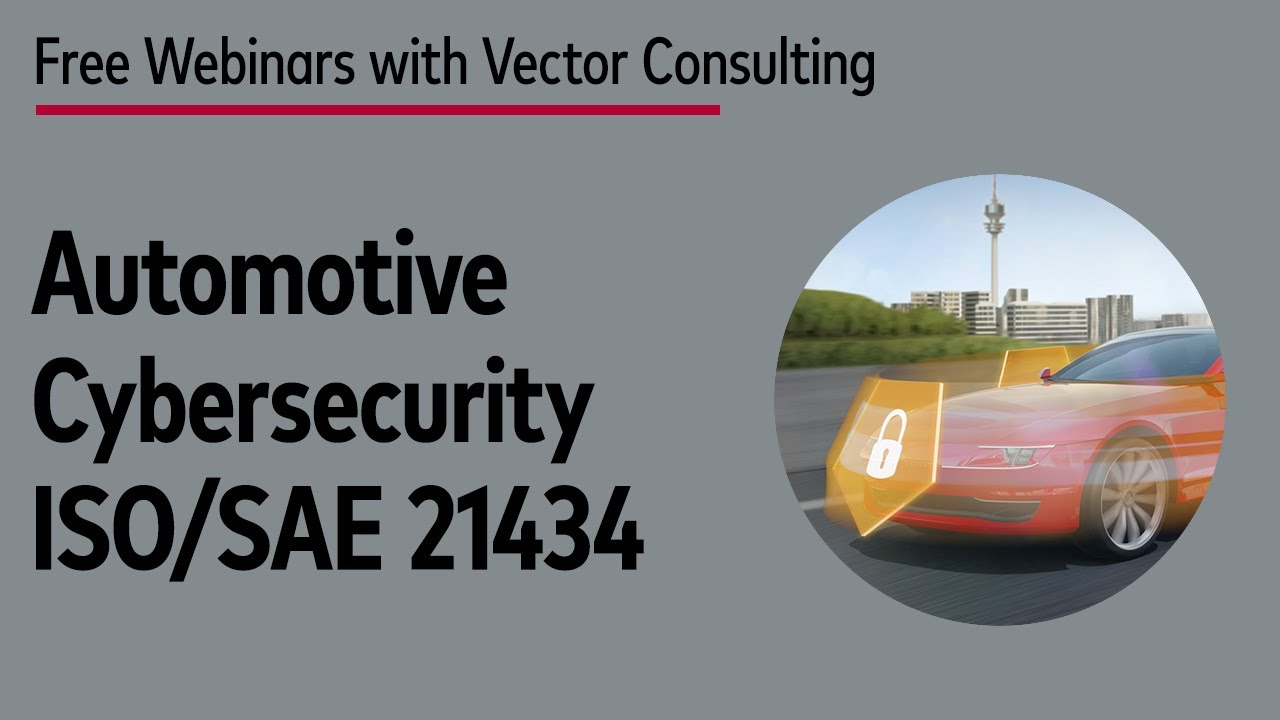The Data Center Ransomware Attack That Costs You Everything | Data Center Knowledge
I work closely with our editorial team here at DCK, and we often throw ideas around as to what to cover. It’s not often that a topic of conversation breaks my heart.
When discussing security in the data center, we often discuss physical security, gates, fences, and biometrics. We also discuss cybersecurity, infrastructure segmentation, proper network security, and isolation. But I always wonder how many folks here take these little golden nuggets of wisdom and apply them.
In a recent post on DCK, I dove into physical security because, for the very first time, our AFCOM State of the Data Center 2023 report saw multiple types of physical human threats emerge into the top five of the biggest threats against critical infrastructure. Today, we focus on what topped that list — ransomware.
And I’ll fill you in on a little secret. It’s not the first year that ransomware was at the top of the charts. For the seventh year in a row, and surprising no one reading this, ransomware hit the top of the list. Remember, every connected device is a target as it relates to data. When asked to indicate the top five security and infrastructure threats to their companies, respondents were by far more likely to mention ransomware (52%), followed by loss of PII (39%) and outside human threats (39%).
All of these security threats can create downtime. And that quickly becomes costly. According to the Uptime Institute’s 2022 Outage Analysis, the consequences and cost of downtime are worsening, with 60% of failures now resulting in at least $100,000 in total losses. They also found that when significant outages happen, over 85% of the incidents stem from staff failing to follow procedures or flaws in the processes themselves.
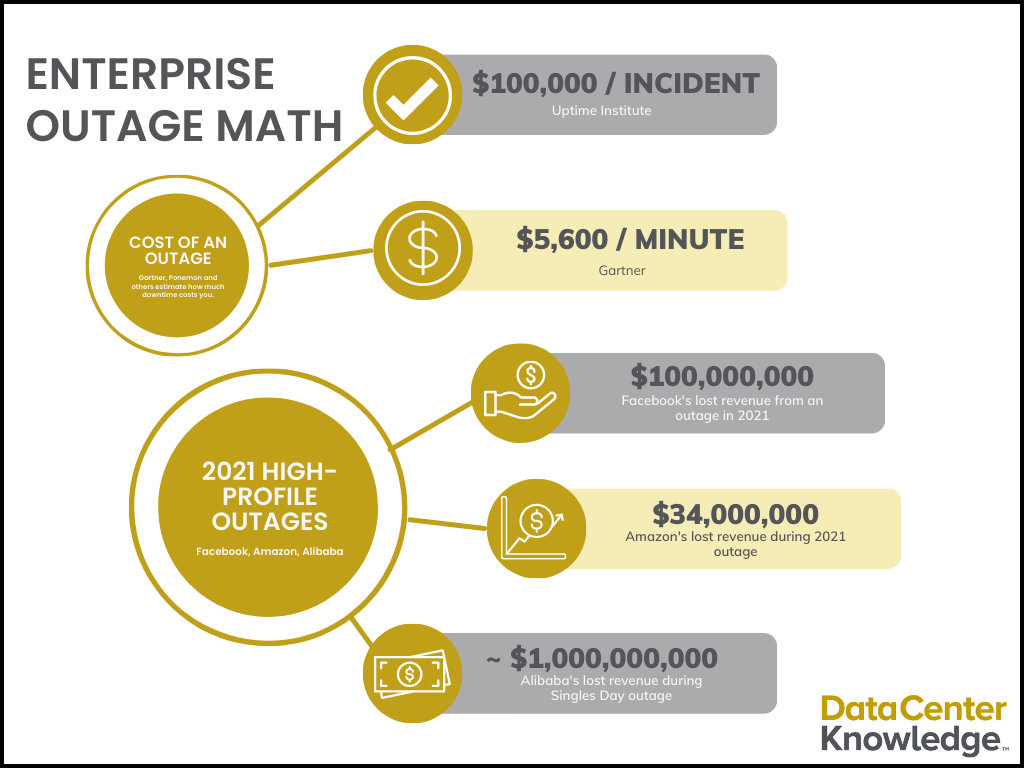
But what happens when it’s not just downtime? What happens if a ransomware attack costs you everything?
After a devastating ransomware attack, that’s precisely what happened to a Danish cloud provider.
The ransomware encryption attack that cost CloudNordic everything
On the night of Friday,…
